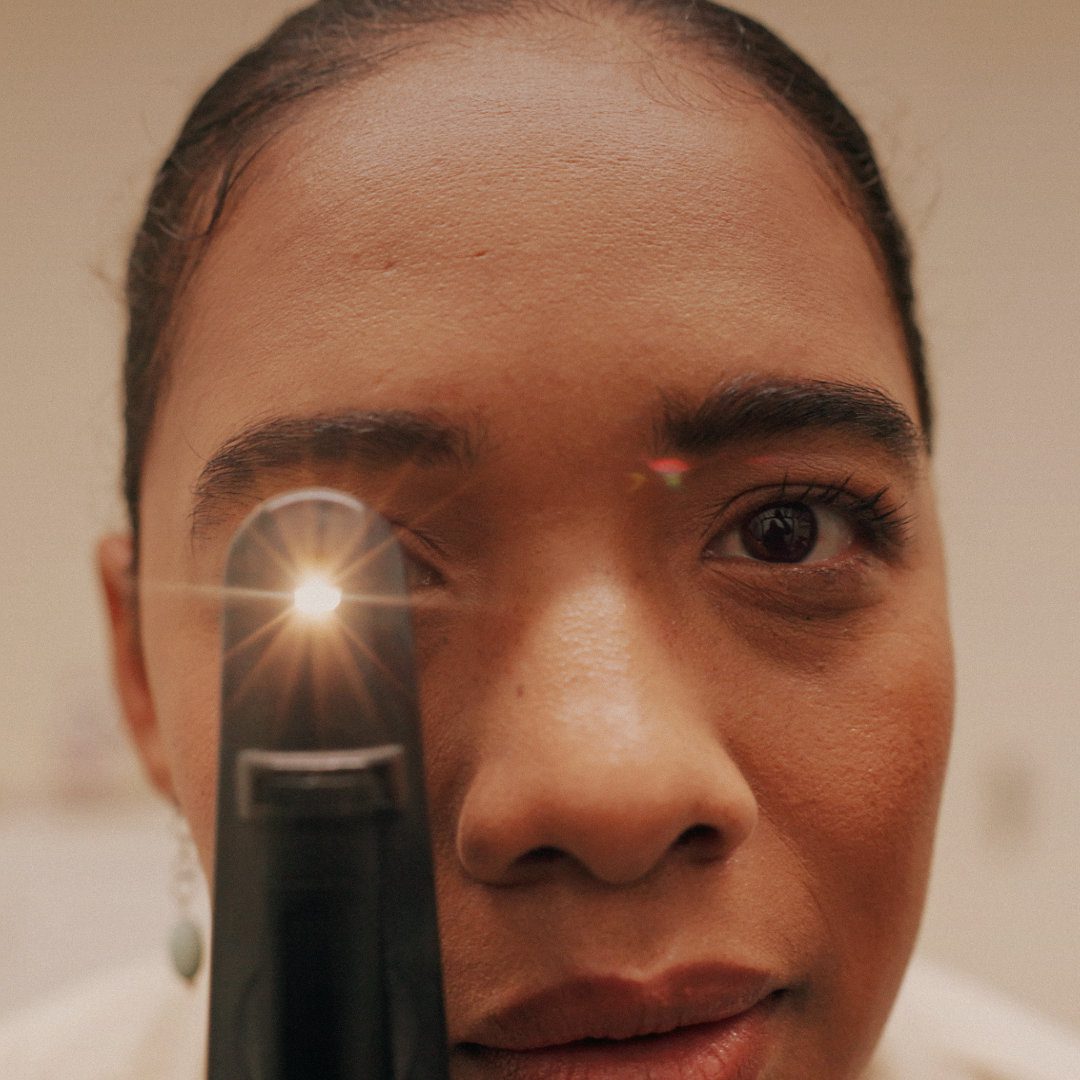Seeing Ethically: GDPR, the GOC, and You.
Why this training matters in your Optometry pre-registration year
Part of our Webinar Series of Guides for Optical Students and Pre-Registration Optometrists
As optometrists, we handle highly sensitive information every day, from medical histories and personal details to biometric data like retinal scans. Understanding how to manage this information ethically and legally is central to providing safe, professional care.
In his webinar, Indy Singh, an Optometrist at Moorfields Eye Hospital, explores GDPR, the General Optical Council (GOC) standards, and professional ethics, and provides practical tips for applying them in everyday clinical practice.
This information is very important to understand when you’re training and is a competency in your visits as a pre-reg and in your CLiP placement.

To access this and our back catalogue of pre-recorded webinars via our online learning management system, please complete the form below:
Access our pre-recorded Optometry Webinars
Below is a summary of the main learning points from the webinar.
Why Ethics and Law Matter in Optometry
You might think “law” and “ethics” sound dry, but they are essential for protecting patients, colleagues, and your own career. Mishandling patient data can lead to serious consequences:
- Regulatory action by the GOC
- Disciplinary issues with your employer
- Legal action in extreme cases
On the other hand, understanding and applying these principles helps you:
- Build trust with patients and colleagues
- Demonstrate professionalism
- Develop habits that will serve you throughout your career
Ethics and law aren’t just about compliance, they’re about practicing with integrity.
The Legal Landscape in Optometry
Optometry practice is guided by multiple layers of law and governance:
- The Opticians Act (1989) – Provides a legal framework for registration, scope of practice, and public safety.
- The General Optical Council (GOC) – Regulates optometrists, sets professional standards, and investigates complaints.
- GDPR and the Data Protection Act (2018) – Govern how personal and sensitive data is handled.
- NHS Governance – Local policies for storing and sharing patient records when working in NHS settings.
Understanding these layers ensures you can operate safely, ethically, and within the law.
Applying GDPR in Optical Practice
There are six key principles to remember when handling patient data:
- Lawfulness, fairness, and transparency
- Purpose limitation
- Data minimisation
- Accuracy and storage limitation
- Integrity and confidentiality
Think of GDPR like a slit lamp for data: by carefully “examining” information and adjusting how you handle it, you can ensure nothing slips through the cracks.
Example: Only collect necessary information, like date of birth and address, to provide effective care. Handle all data with the same care you would a delicate part of the eye.
A Case Study: Learning from Mistakes
Consider a student optometrist who accidentally sent a referral to the wrong GP, including the patient’s name, date of birth, and diagnosis. This is a personal data breach.
GDPR requires that breaches be reported internally, usually within 72 hours and, depending on severity, to the Information Commissioner’s Office (ICO).
Mistakes happen, especially during training, but how you respond demonstrates professionalism. Double-check patient identifiers, follow reporting procedures, and use these moments as learning opportunities.
The Role of the GOC
The GOC regulates optometrists and sets standards to ensure patient safety and public trust. For students, it ensures training builds ethical awareness and safe practice habits.
Key GOC standards include:
- Standard 1: Always put patients first
- Standard 6: Maintain confidentiality and privacy
- Standard 7: Conduct appropriate record keeping
- Standard 10: Work within your limits
As a student, accountability means recognising your responsibilities, seeking guidance, reflecting on mistakes, and documenting your actions. Developing these habits early sets you up for safe, independent practice in the future.
Everyday Ethical Scenarios in Optical practice
Consider these situations:
- A friend asks you to check their prescription. Should you access their records?
- You receive a photo of a red eye via WhatsApp. How should you store or delete it?
- A referral is left on a desk and goes missing. Who is responsible?
Reflecting on these scenarios reinforces good habits and ethical decision-making. Every patient interaction is an opportunity to build trust and demonstrate professionalism.
Turning Standards into Optical Good Practice
Here’s a practical checklist for everyday clinical life:
- Regularly review your practice’s data protection policy
- Use secure, encrypted systems for referrals and patient information
- Lock screens when not in use and shred paper records appropriately
- Obtain explicit consent when using patient data for teaching or demonstration purposes
- Reflect on ethical dilemmas in your logbook or portfolio
Remember: ethics and law are tools, not barriers. They help you provide safe, effective, and trustworthy care while building confidence and trust with patients and colleagues.
Final Thoughts for Optical GDPR and GOC Law
Take a few moments after reading to reflect:
- How does GDPR affect your record-keeping as a pre-registration optical student?
- Which GOC standard do you find most challenging, and why?
Discuss your thoughts with a peer, supervisor, or even a family member. Developing ethical awareness early in your training will pay dividends throughout your career.
Ethics, law, and professional standards are not just rules, they are essential tools for providing high-quality, trustworthy care
Are you preparing for your OSCEs and looking for career guidance too?
Prospect Health works with over 100 employers eager to hire newly qualified optometrists.
Alongside revision support, we can help you secure the right role for you when you qualify.
You can call us at 01423 813 452 or email us at [email protected]
Or view the rest of our Optometry jobs here!

Next up: Understanding Contact Lens Pathology and Management: A Deep Dive for Optometry Students
When it comes to contact lens wear, understanding the subtle differences between various pathologies is key to managing patient comfort and ocular health.
In her webinar, Aneesa Chowdhury explores common and uncommon contact lens-related pathologies, their causes, clinical signs, and management, all essential knowledge for any aspiring optometrist.

Talk to a specialist:
VICTORIA ASHTON
Specialist Recruitment Consultant
I am an experienced recruitment professional with a diverse background spanning GP recruitment, the Commercial sector, Practice Management, and most recently, Optometry.
After completing my degree as a mature student, I embarked on my recruitment career and have since found the industry both challenging and rewarding…


